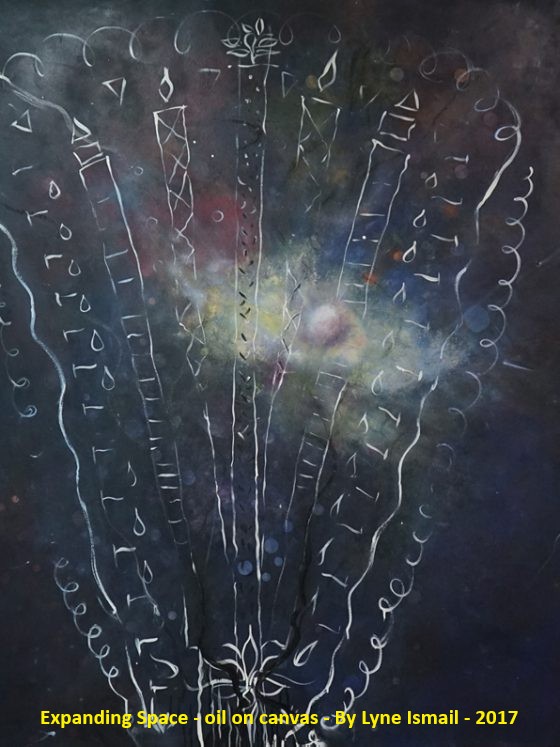Comedians Performing the Margins The Philippines’ Tito, Vic & Joey (TVJ) and Indonesia’s Dono, Kasino and Indro (Warkop DKI)
Main Article Content
Abstract
This study compares the representations of gender in the comedic performances of Tito, Vic, and Joey (TVJ) from the Philippines and Dono, Kasino, and Indro (Warkop DKI) from Indonesia, using the framework of hegemonic masculinities. These trios embodied gendered identities that reflected and reinforced the strongman politics of the 1970s and 1980s under Ferdinand Marcos Sr. in the Philippines and Suharto in Indonesia. While both groups portrayed themselves as rebellious outliers and tricksters in the urban landscapes of Manila and Jakarta, their humor paradoxically served to bolster state power reinforcing traditional masculine dynamics. Through their performances, these comedians navigated a nuanced interplay between insubordination and subservience, which concealed far more insidious forms of tyranny and corruption within their respective socio-political contexts. This paper demonstrates how these comedic representations reveal and reinforce shared cultural practices in Southeast Asia, bridging the perceived divide between the Philippines and Indonesia despite their distinct religious and colonial histories.
Downloads
Article Details

This work is licensed under a Creative Commons Attribution 4.0 International License.
Copyrights of all materials published in SARE are retained by the authors. Authors may republish their work or grant others permission to republish it. We would be grateful if republication is accompanied by an acknowledgment that the work was originally published in SARE.
References
Anderson, Benedict. “Language, Fantasy, Revolution: Java 1900-1950.” Making Indonesia: Essays on Modern Indonesia in Honor of George McT. Kahin, edited by Daniel S. Lev and Ruth T. McVey, Southeast Asia Program Publications, 1996, pp. 26-40.
Briandana, Rizki. “Comedy Films as Social Representation in the Society: An Analysis of Indonesian Comedy Films.” International Journal of Humanities & Social Science Studies, vol. 4, no. 5, 2018, pp. 107-118.
Cohen, Matthew Isaac. “On the Origin of the Komedie Stamboel: Popular Culture, Colonial Society, and the Parsi Theatre Movement.” Bijdragen Tot de Taal-, Land- En Volkenkunde, vol. 157, no. 2, 2001, pp. 313-357. JSTOR, https://www.jstor.org/stable/27865734.
Cohen, Matthew Isaac. The Komedie Stamboel: Popular Theater in Colonial Indonesia, 1891-1903. Ohio University Press, 2006.
Connell, R. W. Gender and Power: Society, the Person, and Sexual Politics. Polity Press, 1987.
Connell, R. W. Masculinities. University of California Press, 2005.
Cribb, Robert B. The Indonesian Killings of 1965–1966: Studies from Java and Bali. Monash University, 1990.
De Leon, Bert, director. Iskul Bukol. Our Own Little Way Productions, 1978–1988.
De Leon, Bert, director. Iskul Bukol. Our Own Little Way Productions. YouTube, https://youtu.be/7TXlTmKZ_XE.
Elson, Robert E. Suharto: A Political Biography. Cambridge University Press, 2001.
Gerth, Jeff, and Joel Brinkley. “Marcos’s Wartime Role Discredited in U.S. Files.” The New York Times, 23 Jan. 1986, https://www.nytimes.com/1986/01/23/world/marcos-s-wartime-role-discredited-in-us-files.html.
Gramsci, Antonio. Selections from the Prison Notebooks. International Publishers, 1971.
Hart, Donn V., and Harriett E. Hart. “Juan Pusong: The Filipino Trickster Revisited.” Asian Studies, vol. 12, no. 2-3, 1974, pp. 129-162.
Hedman, Eva-Lotta E. “The Spectre of Populism in Philippine Politics and Society: Artista, Masa, Eraption!” South East Asia Research, vol. 9, no. 1, 2001, pp. 5-44. JSTOR, https://www.jstor.org/stable/23747111.
Hill, David T. “The Press in a Squeeze: Operating Hazards in the Indonesian Print Media.” Asian Journal of Social Science, vol. 20, no. 1, 1992, pp. 1-28. Brill, https://doi.org/10.1163/080382492X00112.
Ismail, Nawi, director. Mana Tahaaan. Bola Dunia, 1979. YouTube, https://youtu.be/pzvBQKSwDZ4.
Kerkvliet, Benedict J. The Huk Rebellion: A Study of Peasant Revolt in the Philippines. University of California Press, 1977.
Leonardo, Lawrence. “Confronting the Strongman: Social Commentary in Contemporary Philippine Cinema.” Cinéaste, vol. 45, no. 1, 2019, pp. 33-37. JSTOR, https://www.jstor.org/stable/26849150.
Marcos, Ferdinand S. “Letter of Instruction on the ‘Prevention of the Use of Privately Owned Media Facilities and Communications.’” Official Gazette, Republic of the Philippines, 22 Sept. 1972, https://www.officialgazette.gov.ph/1972/09/22/letter-of-instruction-no-1-s-1972/.
McCoy, Alfred W. “Myth of the Maharlika.” Closer Than Brothers: Manhood at the Philippine Military Academy, Anvil Publishing Inc., 2002, pp. 143-180.
McCoy, Alfred W. Policing America’s Empire: The United States, the Philippines, and the Rise of the Surveillance State. University of Wisconsin Press, 2009.
Mietzner, Marcus. “Authoritarian Elections, State Capacity, and Performance Legitimacy: Phases of Regime Consolidation and Decline in Suharto’s Indonesia.” International Political Science Review, vol. 39, no. 1, 2018, pp. 83-96.
Mrázek, Jan. “Javanese ‘Wayang Kulit’ in the Times of Comedy: Clown Scenes, Innovation, and the Performance’s Being in the Present World. Part Two.” Indonesia, no. 69, 2000, pp. 107-172. JSTOR, https://www.jstor.org/stable/3351279.
Muzaki, Khoirul Anam, and Ahmad Elviana Adi. “Recontextualization Audio Visual in Film Warkop DKI 70s Chips into Warkop DKI Reborn (2016).” Advances in Economics, Business and Management Research, vol. 4, 2018, pp. 10-15.
Paramaditha, Intan. “City and Desire in Indonesian Cinema.” Inter-Asia Cultural Studies, vol. 12, no. 4, 2011, pp. 500-512. Taylor & Francis Online, https://doi.org/10.1080/14649373.2011.603915.
Pertierra, Raul. “Anthropology and the AlDub Nation: Entertainment as Politics and Politics as Entertainment.” Philippine Studies: Historical & Ethnographic Viewpoints, vol. 64, no. 2, 2016, pp. 289-300. JSTOR, https://www.jstor.org/stable/26621964.
Saul, Alvin John G. “Tatlong Mukha ng Eat Bulaga Bilang Variety-Game Show: Laro-Ritwal, Sugal, at Teleserye/The Three Faces of Eat Bulaga as a Variety-Game Show: Game-Ritual, Gamble, and Teleserye.” Malay, vol. 29, no. 2, 2017, pp. 14-29.
Sidel, John T. “Macet Total: Logics of Circulation and Accumulation in the Demise of Indonesia’s New Order.” Indonesia, no. 66, 1998, pp. 158-195. JSTOR, https://doi.org/10.2307/3351451.
Van der Veur, Paul. “Cultural Aspects of the Eurasian Community in Indonesian Colonial Society.” Indonesia, no. 6, 1968, pp. 38-53. JSTOR, https://www.jstor.org/stable/3350710.
